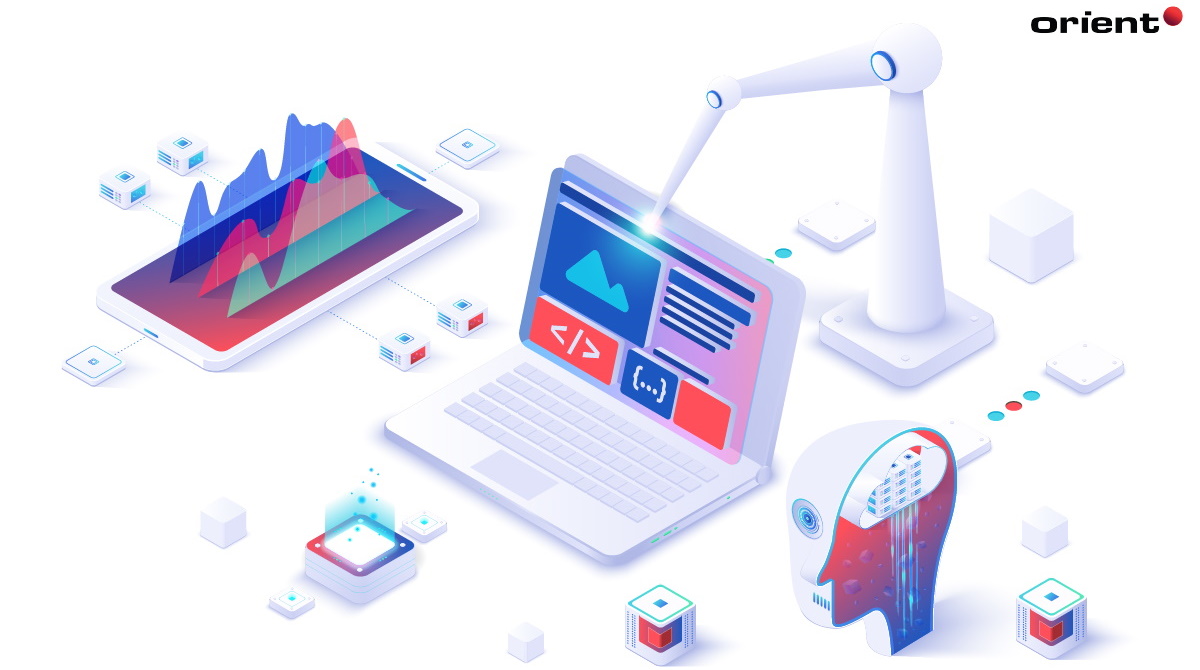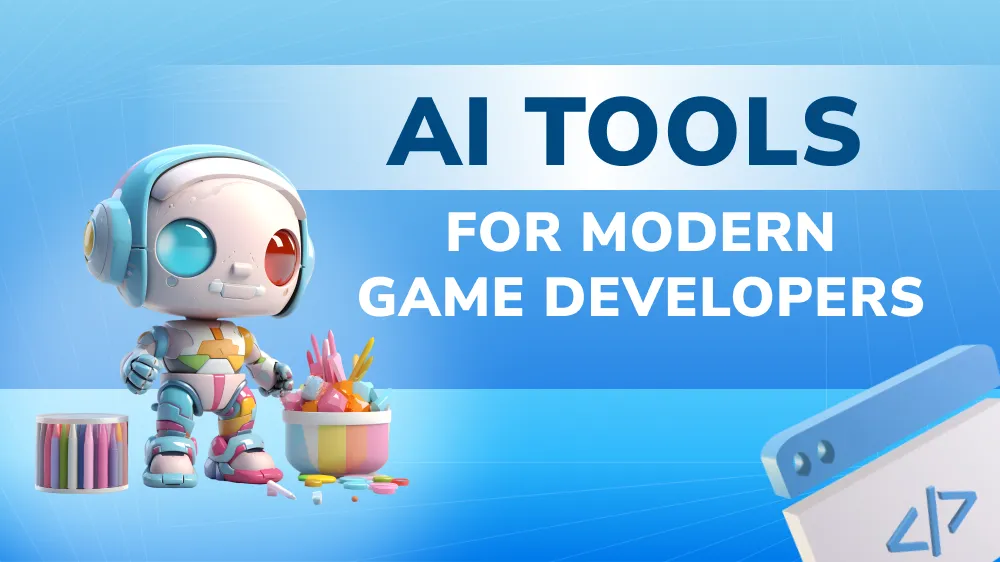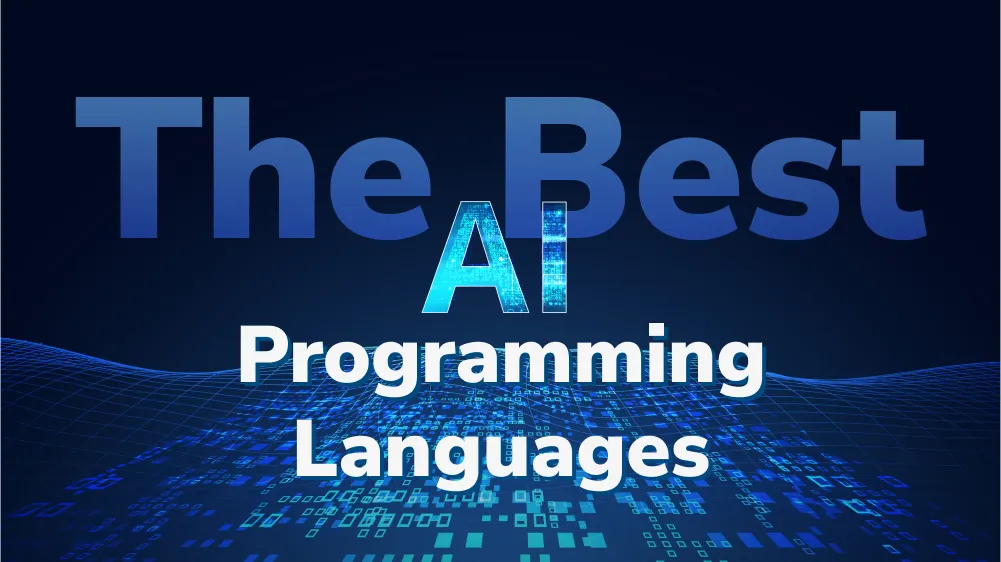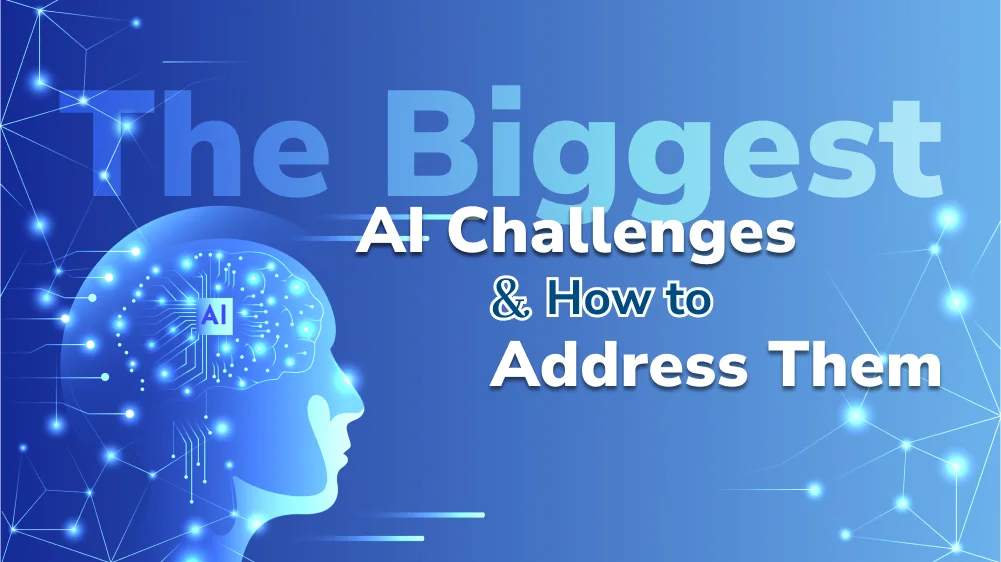The Use of Artificial Intelligence in Quality Assurance

Content Map
More chaptersWe have no dispute about the fact that the software development journey is tough, and at the end of the day, we crave one thing only - to release a high-quality software product that meets customer expectations and runs smoothly. As such, quality assurance (QA) and software testing are a must, and they play an integral role in making this happen.
Since Agile development methodology kicked in and exploded in 2022 with 63% of adoption (Digital.ai, 2022), the IT industry has been through a race against time. Applications and software can now be released weekly, bi-weekly, or even daily, which is a dramatic change compared to once or twice per month as before Agile. Hence, the need for speed, agility, and flexibility is now more than ever before. This has resulted in shorter development cycles, faster software delivery, and continuous testing processes throughout the SDLC, and the software quality must not be compromised.
In such a context, IT companies and their QA teams must come up with a path-breaking solution to automate as much of the software testing process as possible to not only accelerate the process but also ensure accuracy and consistency – it’s artificial intelligence. In today’s article, let’s have a glimpse at some applications of AI in quality assurance and software testing and how they benefit QA teams.
How Can AI Be Applied to Quality Assurance Process?
The software testing landscape has constantly evolved over the years, from merely manual testing to early automated testing, agile testing, and then continuous testing. However, traditional test automation will soon be not adequate, and autonomous testing will be the answer for quality assurance in the future.
At the moment, artificial intelligence technologies and machine learning techniques have entered and disrupted the software testing domain by taking automation testing to the next level. In particular, an AI model can be built and leveraged to facilitate leaner and more efficient quality assurance processes in various ways. Let’s outline some:
Automated Test Case Generation & Execution
AI testing tools can learn from human behaviors through training data and evolve over time to change the way quality assurance operates in a project. So, these AI models can be trained to think and act like a human tester by leveraging the power of predictive analytics to identify patterns, trends, and relationships in data that a human tester may not be able to discern. This would enable the AI tool to generate new test cases on its own, execute them, and report the results – all without any human intervention. This helps the QA team to break free from manual testing tasks and improve normal testing efforts and achieve better test coverage.
Defect Detection and Prediction
Thanks to machine learning algorithms, AI-based test automation tools can go beyond traditional functional tests to identify issues and also predict potential risks early on during the software development process. By feeding data such as application logs, code commits, and issue-tracking systems into machine learning models, AI can detect anomalies and potential defects even before the code is deployed to production. Additionally, by analyzing past defect data, these AI-powered test automation tools can predict which areas of the code are more likely to have bugs and need further testing. This would help QA teams to focus their efforts on building tests for high-risk areas first and prevent potential defects from slipping through the cracks and making it to production.
Ensuring Test Consistency
Human testers are prone to error, and even the most experienced testers can make mistakes while performing manual testing tasks. Therefore, one of the best ways to ensure test consistency is by delegating repetitive and mundane tasks, such as regression testing, to AI test automation tools. These intelligent automation solutions can run test suites multiple times with different input values and report back any inconsistencies found in the system under test. Moreover, test cases and results are maintained in a centralized repository, helping QA teams to keep track of all testing activities, avoid duplication of effort, and ensure that all tests are being executed as intended.
Automated Test Planning
It costs QA experts a lot of mind work and manual effort to plan test case scenarios for each new software release. This is because they must have a clear understanding of the project requirements, take into account the changes made to the codebase, and also ensure that all test cases are properly prioritized. With AI in the picture, this task can be automated as well. AI-based test management tools can analyze the code commits, track changes made to various parts of the codebase, and automatically generate a list of test scenarios that need to be executed for every new software release.
Root Cause Analysis
Performing root cause analysis (RCA) to identify the underlying reason for a defect can be a time-consuming and tedious task, especially when dealing with complex systems. However, by leveraging the power of machine learning, AI-based test automation tools can automatically analyze various data sources, such as application logs, issue trackers, and code commits, to quickly pinpoint the root cause of a defect. This would help QA teams to save a lot of time and effort that would otherwise be spent on manual RCA.
Selecting the Right Test Cases
With traditional testing approaches, QA teams often struggle to determine which test cases need to be executed and which can be skipped. As a result, there are a number of factors, such as code coverage, risk analysis, and business criticality, to consider before getting moving. However, by using AI-based test case selection tools, QA teams can automatically prioritize test cases based on these factors. This would help them to save time and effort in manual test case selection and focus their efforts on more important tasks.
Final Thoughts
The possibility of artificial intelligence in quality assurance could be endless. As AI serves well in cybersecurity, then why can it do the same for QA and testing? As we have outlined above, AI technologies do have the capability to open software testing bottlenecks and streamline the entire process in multiple aspects. Keep in mind that autonomous testing is still in the very early days, and we have only just gotten started with artificial intelligence and its potential. And in time, we can expect to see the maturity and adoption of AI in quality assurance accelerate at an even faster pace.







